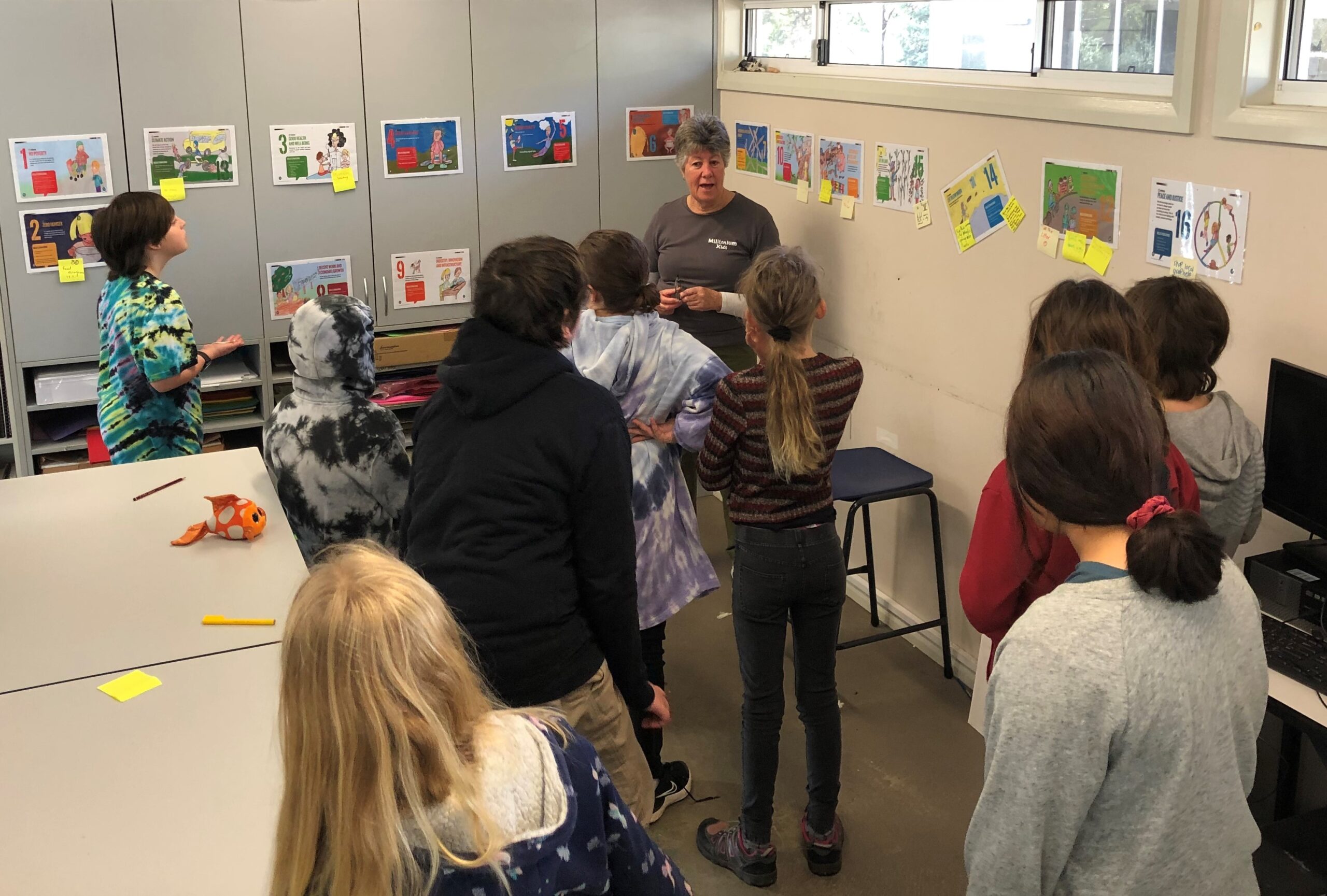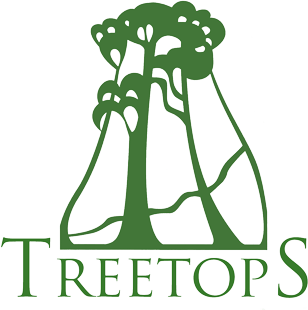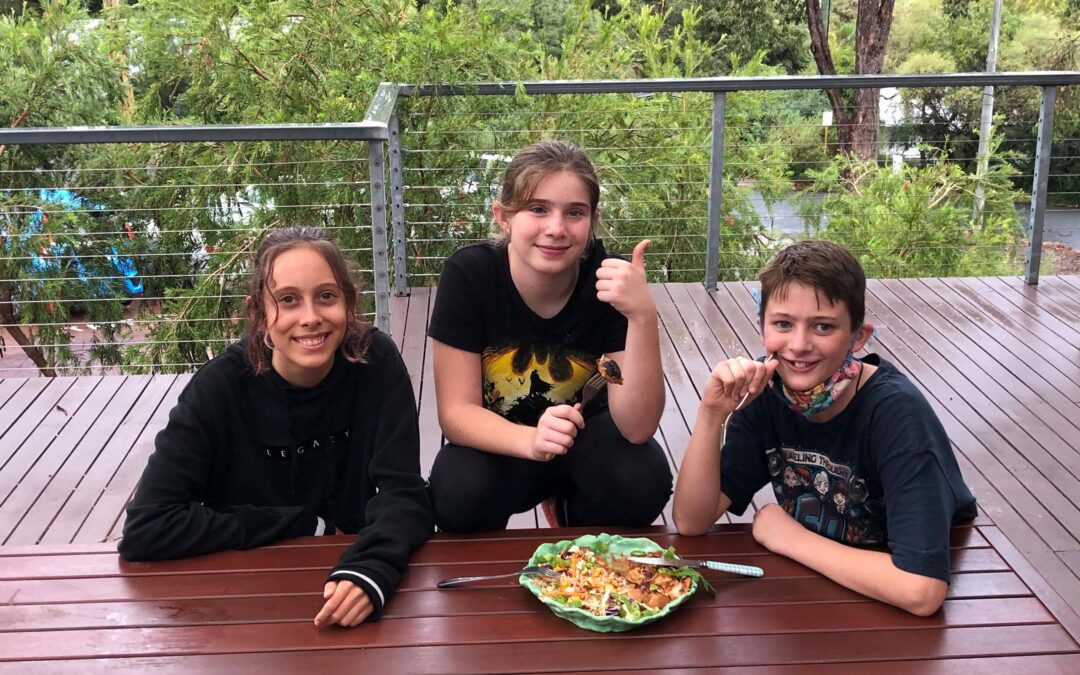At Treetops, environmental awareness and sustainable practices are carried all the way through our students’ education. Forming these values early in our students’ learning journeys supports them to become more environmentally responsible, and encourages the continuation of these practices from childhood into adulthood. Dr Maria Montessori believed that “only through freedom and environmental experience is it practically possible for human development to occur.” Montessori education therefore focuses on a deep connection between child development and nature. Our students learn to discover and appreciate the world around them and all that it has to offer, as well as the importance of preserving it for future generations.
Our Years 5-8 students recently participated in youth engagement sessions with both Millennium Kids Inc and the Noisebin Collective. Millennium Kids Inc is a not-for-profit, environmental youth organisation, that empowers young people with a ‘skills for life’ approach so that they can become leaders and change-agents in their communities today. The Noisebin team is developing a fun interactive recycling station to increase young people’s leadership and problem-solving skills for addressing environmental challenges.
During these engagement sessions, students identified issues in their local community that they didn’t like, and proposed solutions, goals, and actions to address these issues. Students pitched their ideas to the class and provided feedback. These ideas will feed into the Noisebin Collective project being developed at the local skate park and encourage further participation.
The Australian Association for Environmental Education (WA) visited Treetops to help our Secondary students complete a waste audit. The students did a quick and thorough job of sorting waste from the whole school, and we were commended on our recycling bins and that no whole fruit, vegetables, or whole packaged food are being thrown away. Some next steps may include having a bin for each of the different types of recycling clearly labelled in each classroom. Secondary students could then teach each class how to monitor the bins each day. Luckily, our Secondary School kitchen provides a great space to rinse and clean hard plastics.
Additionally, Secondary students have been creating cookbooks this semester in Design & Technologies, with sustainability a key area considered. Students researched the environmental impact of their ingredients, along with health outcomes and taste. The carbon footprint of the food, reducing waste, and using local and seasonal ingredients were some of the factors considered.
Primary students are currently creating designs for their entries to the Mundaring Environmental Art Project, which will be featured at the Mundaring Art Centre later this year.



